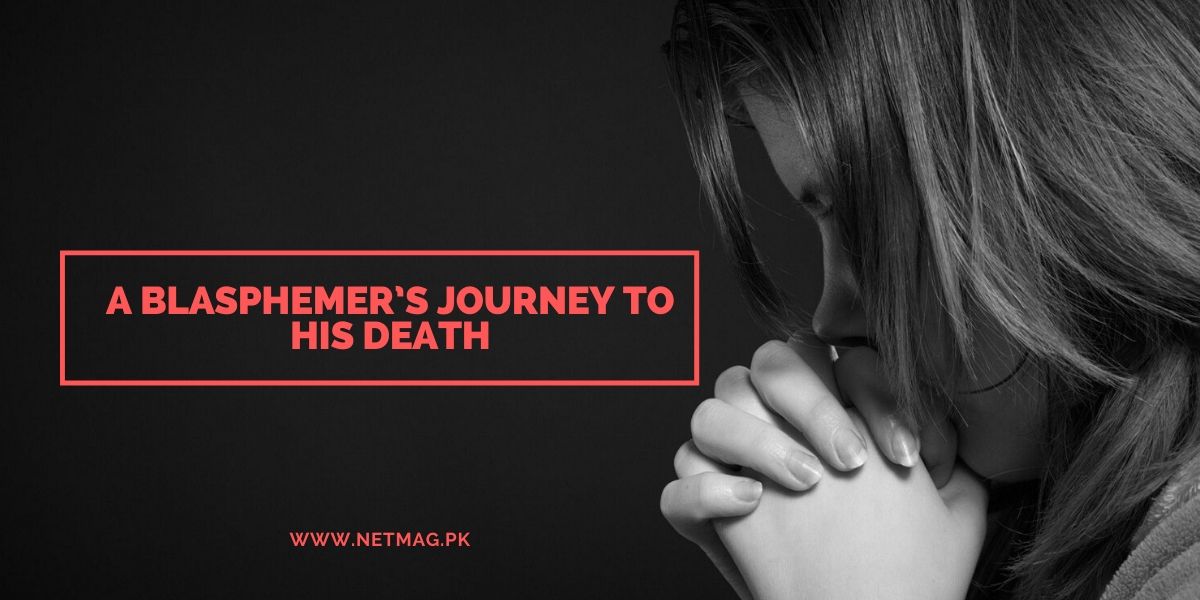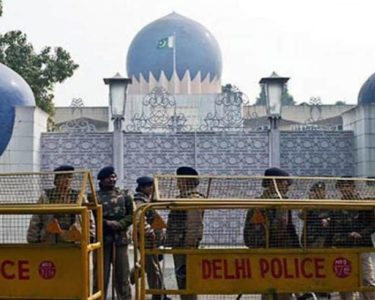“Repel that which is evil with that which is better” [Fussilat (41): 34], it is in the Prophets Mohammad’s example that we find how to rise above every form of evil one may face, particularly at the hands of those who show us hostility.
Blasphemy is a delicate subject in a country like Pakistan, where insulting the Quran or Prophet Muhammad can result in life incarceration or a death sentence. Increasingly, blasphemy accusations also carry the threat of extrajudicial remedies by masses or targeted attacks.
Junaid Hafeez, a lecturer at the Bahauddin Zakariya University in the central Pakistani city of Multan was accused of having insulted Prophet Muhammad and the holy book, the Quran, verbally and on Facebook in 2013. Hafeez had studied a Master’s degree in the US on a Fulbright Scholarship, specialising in American literature, photography and theatre.
Must Read : The need for geriatric care for Pakistan’s ageing population
In five years, at least eight judges have heard Mr Hafeez’s case, making a fair trial virtually impossible. Meanwhile, he has undergone six years’ imprisonment in solitary confinement. His solitary confinement is due to security concerns since 2014 when his lawyer, prominent rights activist Rashid Rehman, was murdered.
The attack came after Rehman had been threatened in open court by religious leaders and lawyers associated with the prosecution.
“He has been very agitated. He cannot talk very coherently. When I used to meet him in the beginning [of the case], he would meet me with a smile and had a lot of passion … after so many years in solitary confinement, it has an effect on a person.” Said Hafeez’s lawyer.
A court in Multan found him guilty and sentenced him to death on Saturday after a lengthy trial that saw frequent delays and transfers of judges.
Mr Hafeez’s current counsel Asad Jamal said the verdict was “most unfortunate”, and told AFP news agency that they would appeal against the decision.
Prosecution lawyers, meanwhile, distributed sweets to their colleagues, who chanted “Allahu akbar” and “death to blasphemers”.
Amnesty International said the verdict was “a gross miscarriage of justice” and described it as “extremely disappointing and surprising”.
“The failure to apprehend those who shot Rehman dead signaled impunity for other would-be vigilantes,” Hafeez’s lawyer and family said in a statement released after Saturday’s verdict.




